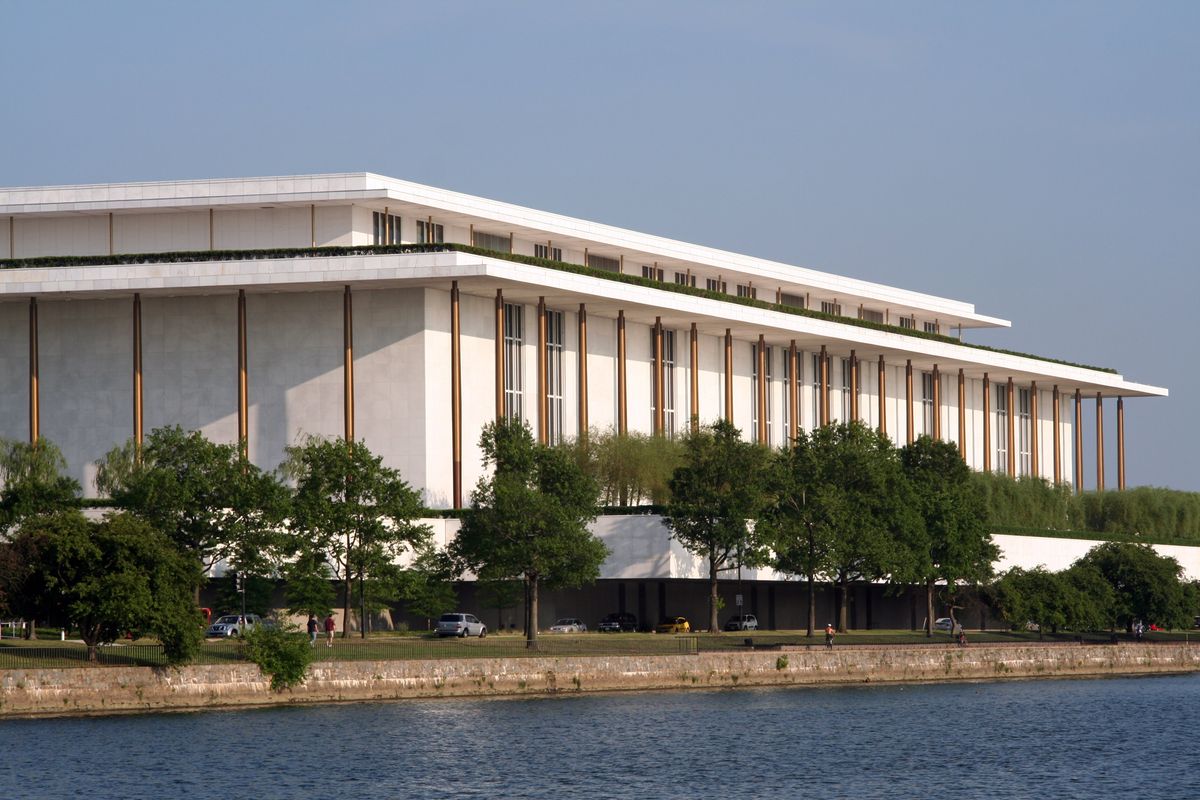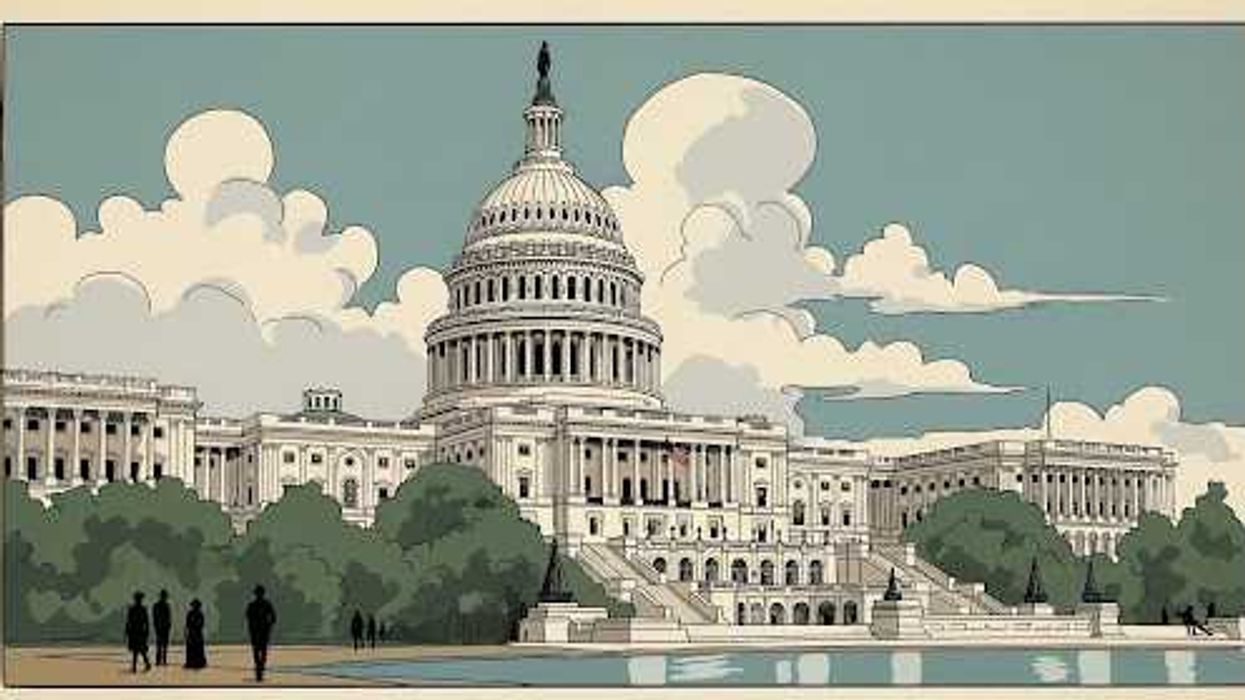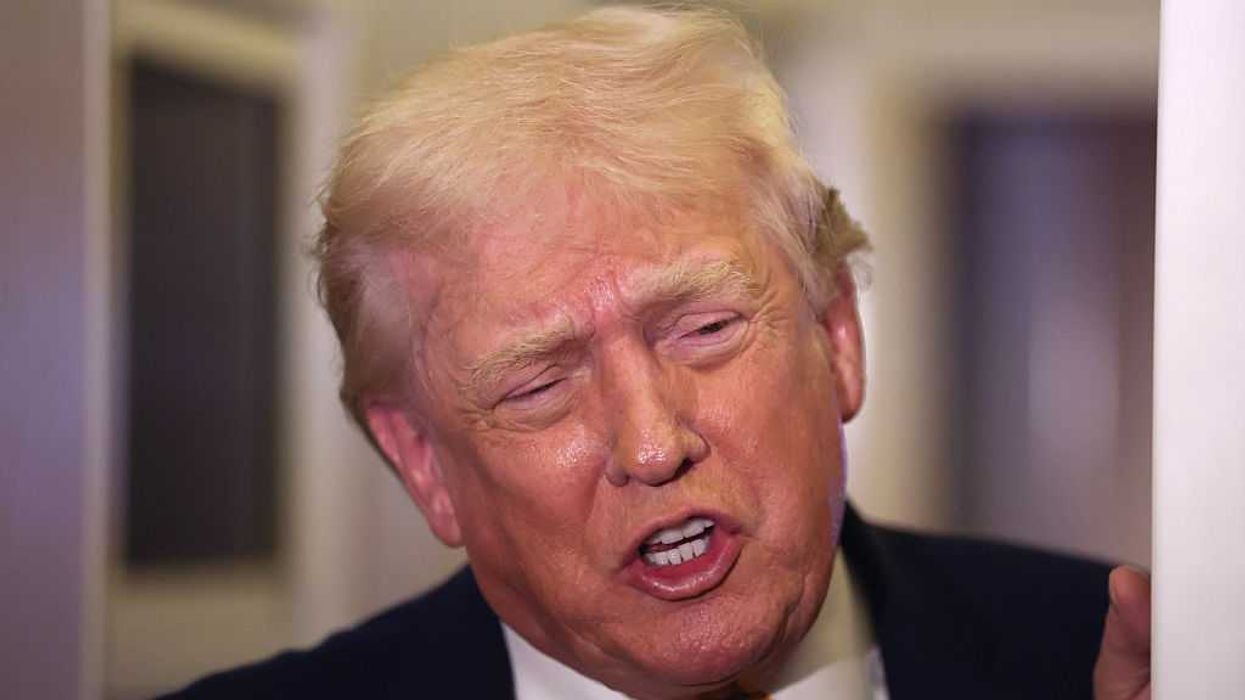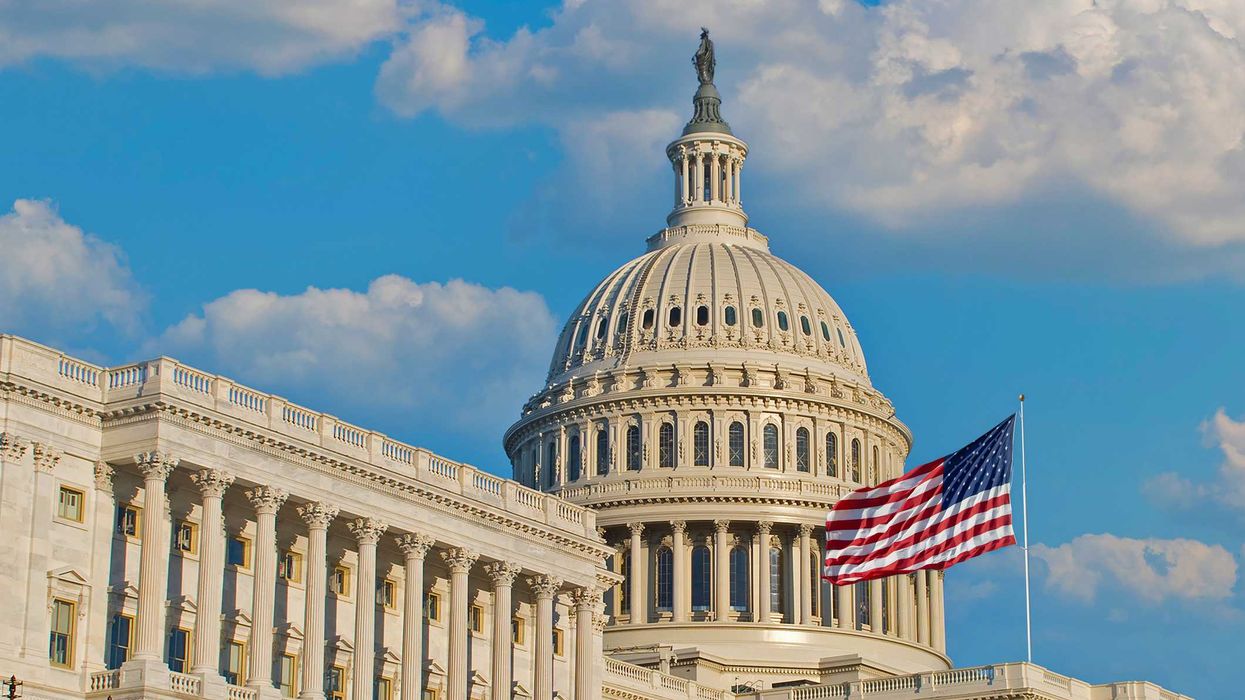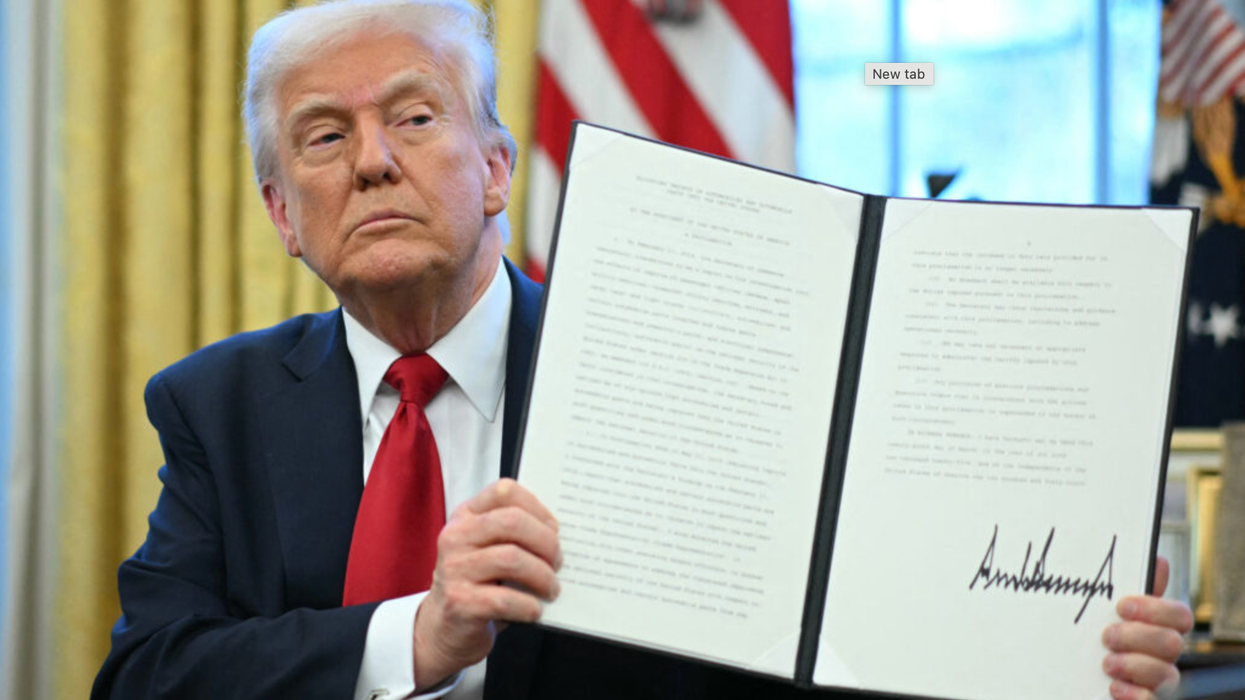Podcast: America's two major political parties are simply too big News
Report: There's been little progress toward gender equity in politics
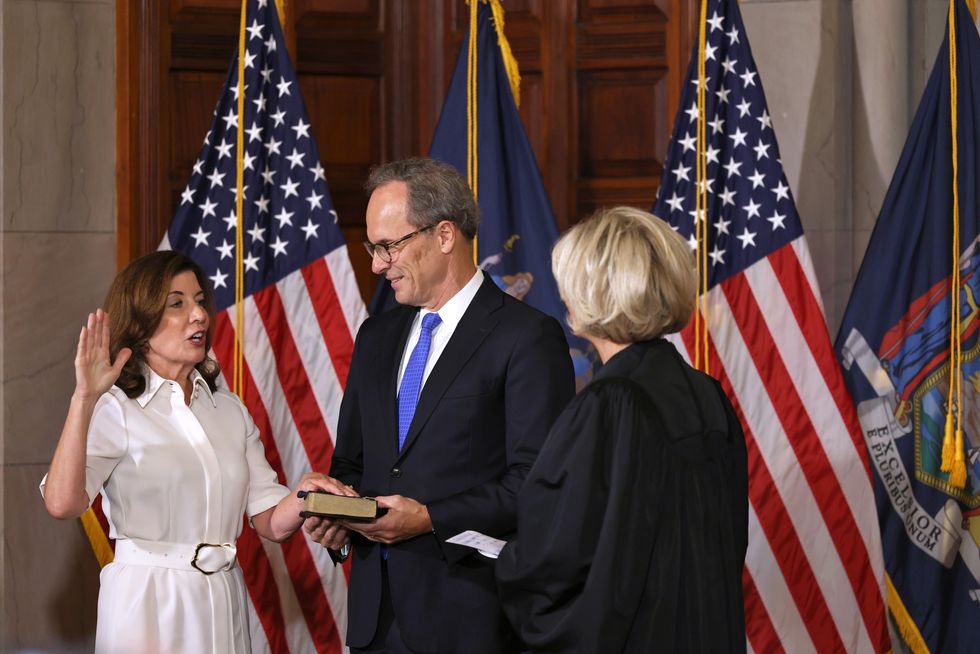 Sara Swann
Sara Swann
While Kathy Hochul's induction this week as the first female governor of New York marked a significant milestone for women's representation, there has been little progress elsewhere in the United States to improve gender equity in politics.
Succeeding former Gov. Andrew Cuomo, who resigned following several accusations of sexual harassment, Hochul joins eight other women currently serving as governor. Only 44 other women in the nation's history have held that office, and 19 states have never had a woman governor.
Thursday marks Women's Equality Day, but over the last year, the U.S. has seen meager improvements in the number of women serving at the local, state and national levels. According to a report released Monday by RepresentWomen, just under one-quarter of all major elected officials in the country are women — an increase of less than 1 percentage point from 2020.
Debate
America needs democracy learning communities
Our democracy needs learning and community. There is no better place to start than at the grassroots level by forming democracy learning communities all across America, in urban and rural areas, suburbs and exurbs, argues Paul Lachelier, the founder of Learning Life.
Podcast: America's two major political parties are simply too big
The two-party system is no longer working for the country, and the party primaries that serve it have fueled dysfunction rather than encouraging compromise and unity. Nick Troiano, the Executive Director of Unite America, and Lee Drutman, Unite America advisor, recently sat down to talk to Chuck Todd about reforming the political system on The Chuck ToddCast.
Community
Stay-cation Advocacy: Building Relationships Back Home
In this session with the Congressional Management Foundation, participants will learn about who lawmakers listen to and why; the most effective tactics and strategies to use in the district or state; how to build long-term relationships with lawmakers and their staff; and the best opportunities for setting up meetings and events back home.



